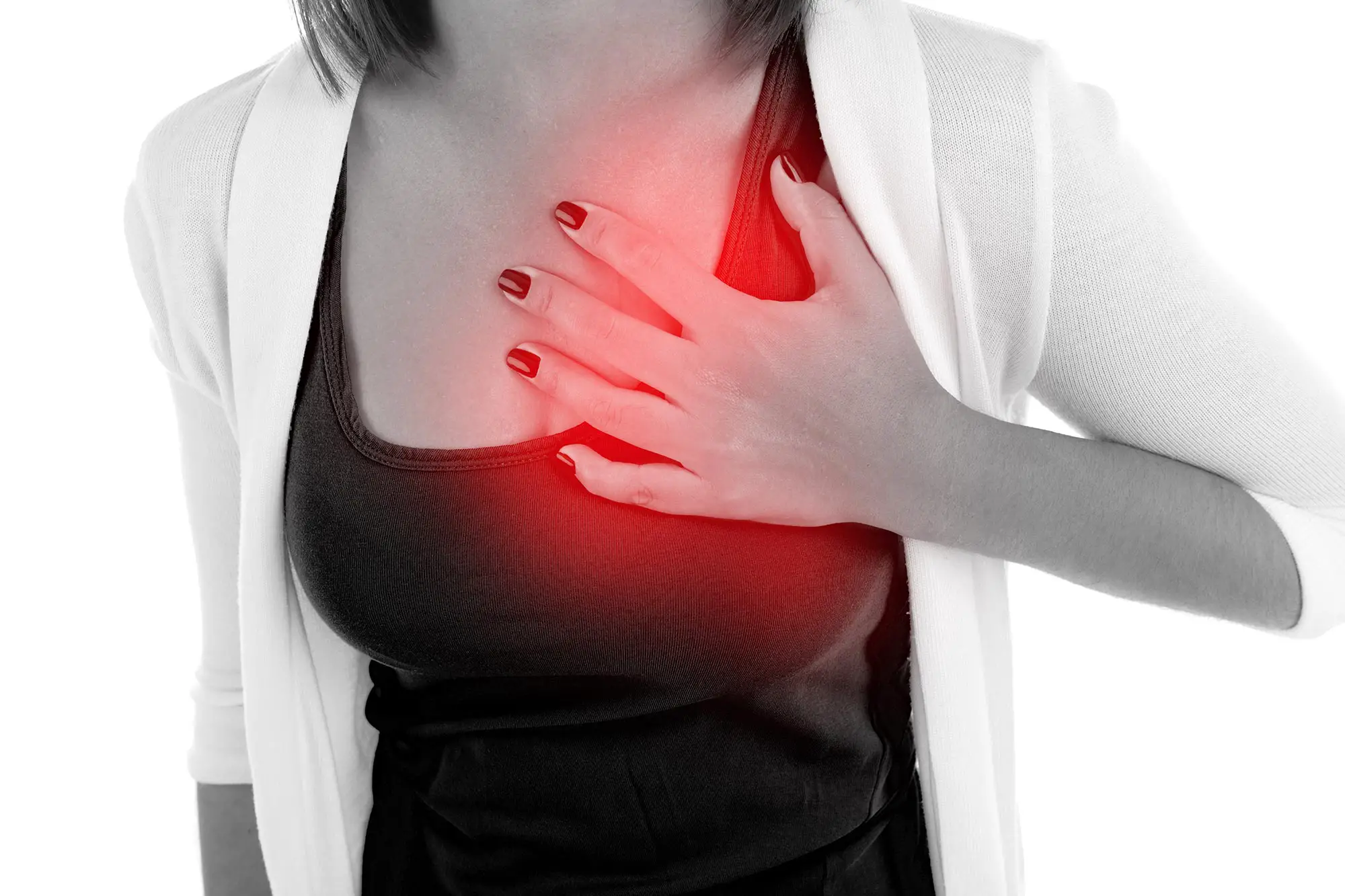Summary of Insomnia Tied to 69% Greater Risk of Heart Attack – Worse for Women:
A nine-year survey of adults by the American College of Cardiology found that those with insomnia had a 69% higher risk of heart attack compared with those without the sleep disorder. The study also found that people sleeping five hours or fewer per night were at highest risk. The investigation covered 1,184,256 adults, of whom 153,881 had insomnia. Diabetes increased the likelihood of a heart attack in insomniacs by two times and heart attacks occurred more often among women with sleeplessness. The study prompted calls for sleep issues to be assessed as potential cardiovascular risk factors.
*****
New research has shown a link between insomnia and heart attacks. Individuals with insomnia are 69% more likely to have a heart attack over a nine-year follow-up period, compared to those without the sleep disorder. More worryingly, individuals who sleep five or fewer hours per night are at the highest risk of heart attack. During the study, it was also found that those with both diabetes and insomnia are twice as likely to have a heart attack. Additionally, heart attacks occurred more frequently in women with insomnia. This means that individuals who suffer from insomnia should be assessed, and sleep disorders should be included as a cardiovascular risk factor.
Insomnia is the most common sleep disorder, and it is growing in prevalence. It is believed to affect between 10% and 30% of American adults and affects women more than men. As well as the cardiovascular risks, insomnia can include trouble falling asleep, staying asleep, or getting good-quality sleep. According to Yomna E. Dean, the medical student who conducted the study, “Our study showed that people with insomnia are more likely to have a heart attack, regardless of age, and heart attacks occurred more often in women with insomnia.”
The findings come from the largest study on insomnia to date, which reviewed data for 1,184,256 adults of an average age of 52, of which 13% had insomnia as defined by ICD diagnostic codes or the presence of any of these three symptoms: difficulty falling asleep, staying asleep, or waking early and not being able to get back to sleep. People with obstructive sleep apnea were not included.
Most patients (96%) did not have a history of heart attack, and heart attacks occurred in 2,406 of those who had insomnia and 12,398 of those who did not. There was a statistically significant correlation between insomnia and having a heart attack after controlling for other factors that could increase the likelihood of heart attack such as age, gender, comorbidities, and smoking. This correlation remained significant across all subgroups of patients, including younger and older age groups, follow-up duration, male and female sex, and common comorbidities (diabetes, high blood pressure, or cholesterol).
It is essential to prioritise sleep to ensure individuals get between seven to eight hours of quality sleep per night. Practising good sleep hygiene is necessary: keeping the room dark, quiet and cool, and putting away devices. Winding down with calming activities is also recommended, and individuals who have tried all these things and still can’t sleep or are sleeping less than five hours should speak with their doctor.
One limitation of the study is that most of the studies assessed relied on participants self-reporting their sleep behaviours using questionnaires, although heart attacks were validated by medical reports.
However, this study should serve as a warning. When we can help control cardiovascular risks, individuals should take any steps necessary to protect themselves against heart attacks. Ensuring good sleep patterns is one of those measures required.



Comments are closed